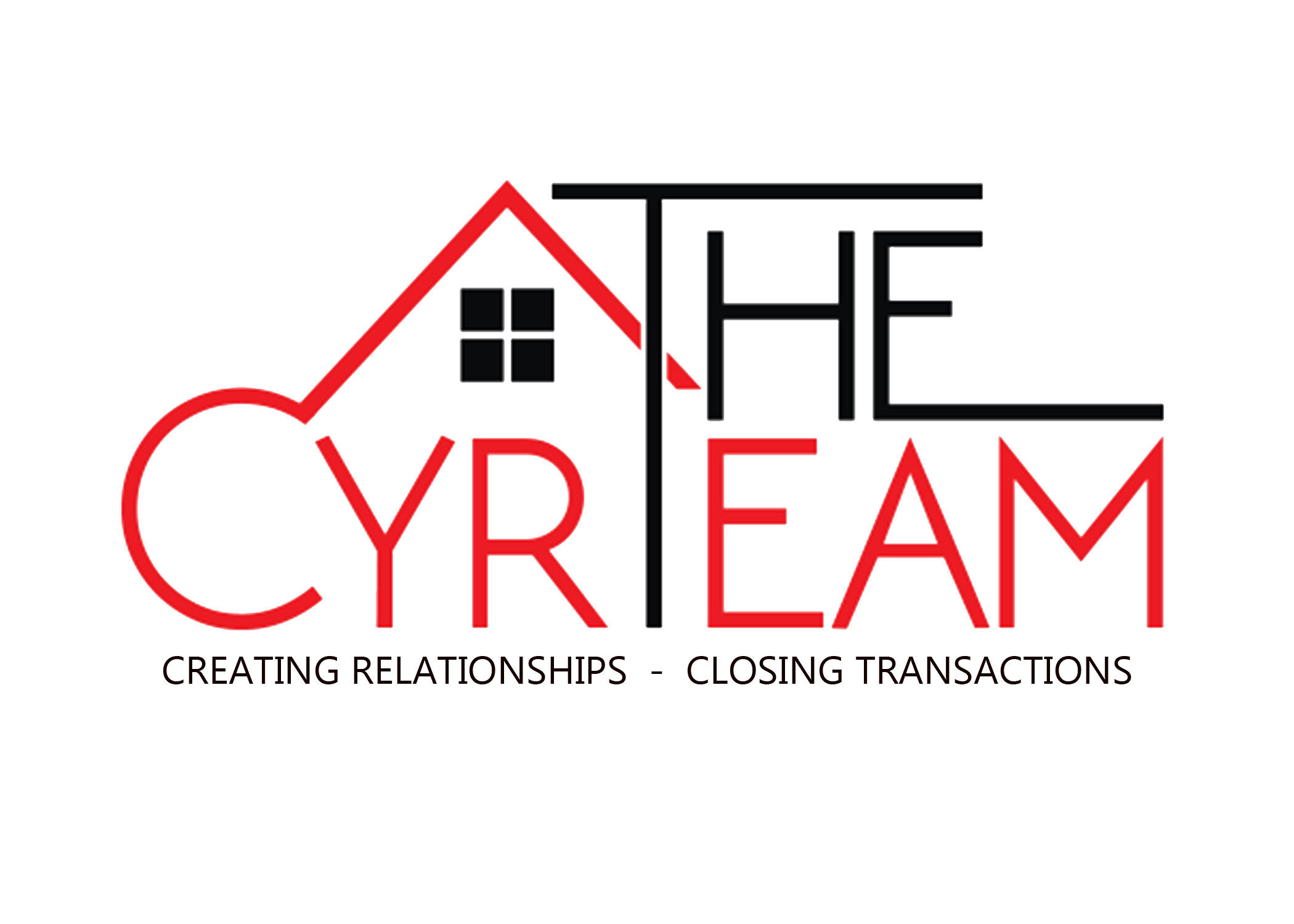Nobody ever wants to experience a divorce, but life happens and we are sometimes forced to make very difficult decisions. Going through a divorce can be an emotionally trying time for both parties. It’s easy to get caught up in all the drama and make some poor decisions throughout the proceedings.
The largest mistakes often come with any real estate holdings. Whether it’s the one primary residence you share together or multiple investment properties you may own, you have to make smart real estate decisions during a divorce. In this article, we are going to review a few common scenarios we’ve seen throughout the years and the options that should be considered by both parties. After all, your real estate is probably the most significant financial asset that you own and it must be treated carefully.
One Person Keeps the Home
It’s very common in a divorce settlement for one spouse to retain the primary residence, especially in cases where the other spouse is paying child support or alimony that may help with mortgage payments and general upkeep. Even with some financial assistance, however, it’s not always easy for a single person (especially a single parent) to continue affording the mortgage payments. Another consideration is if the house is too big for the resident(s) now that fewer people are living there.
The spouse who retains the house may still decide it’s worth selling. Any equity earnings can then be applied to a more suitable living space that meets your new housing needs. If the mortgage is already paid off, then the owner can still research their options and decide if it makes sense to keep or sell.
The challenge comes in the distribution of proceeds to the “non-house” spouse. The “house” spouse must be able to refinance the home in order to remove the leaving spouse from the mortgage and deed. This would require a cash-out refinance (if there is enough equity in the home) as well as the ability for the remaining spouse to qualify for a mortgage. This is where most couples assume that this part is easy. In fact, this is where it is often determined that selling the house is the best (and only) option. Do your homework before agreeing to “keep or give” the house.
The Property is Sold to Split the Financial Gains
Another common divorce scenario finds the former spouses deciding to sell the house. Any equity gains that are earned can be split evenly or distributed as agreed-upon percentages based on the divorce settlement. Selling the property and splitting the proceeds is usually an amicable solution that benefits both parties. At the same time, it can be tricky to navigate such a real estate transaction when so many emotions and financial concerns are weighing on the sellers (who often have separate priorities and agendas with the home sale). The lawyers are often involved, as well, and that doesn’t make the process any easier!
Working with a Realtor®—or real estate team—who has experience in selling homes for divorcees is a smart idea. They can offer an objective point of view and provide expertise that will make the home sale go as smoothly as possible. If the property is owned outright or in a good equity situation, a successful home sale will be a great way to split the financial gains from such a major asset. If the property is upside-down, then a quick sale may help keep a bad financial situation from getting even worse. It is important that everyone involved work together the best they can to decide when and how to sell the house to produce the best returns.
The Realtor® will also suggest contacting a lender to determine how each spouse may or may not qualify for a mortgage on their own. This may also be helpful to know before property settlement negotiations take place. Imagine agreeing to sell the home and assuming you can get a mortgage when maybe you cannot.
Multiple Properties
From time to time, we also see divorcing couples who own multiple properties. They have a primary residence and one or more rental properties. In some situations, this can make for a clean divorce agreement that sees one spouse retaining the main home and the other taking one or more of the investment properties. Or, the investment property is sold to help support the spouse who stays in the primary residence.
At other times, ex-spouses who own multiple significant real estate holdings can find themselves in a battle over how to deal with more than one major financial asset. All the properties may need to be sold as soon as possible. Every situation like this is completely different, so again both parties (and their attorneys) will need to explore all their options and make the best real estate decisions using their trusted Realtor®.
Here to Help
We’re not here to tell you exactly what you should do with your property (or properties) if you are going through a divorce. We hope nobody has to go through such an experience. However, if you are getting divorced and need to understand how best to deal with your real estate, The Cyr Team is here to help with honest advice and proven expertise in the local market. No matter what the reason someone is selling, we know how to properly stage and market homes to attract more buyers and draw the best possible purchase offers. We can also assist you in finding a new home that better suits your needs and is within your new budget.
If you are selling your home for any reason, contact us today for a no-obligation introductory real estate sales consultation.

